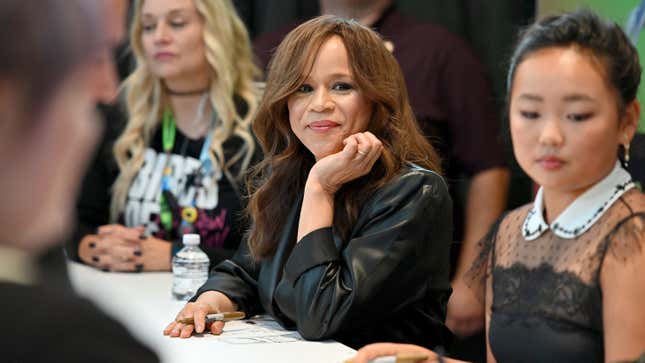For Rosie Perez, Patriarchy Has 'Always Been Part of My World'
Latest

I never understood the hype around Rosie Perez or why the women of my family considered her such an icon. Then one day, I watched Yo Soy Boricua, Pa’Que Tu Lo Sepas!, a documentary featuring and directed by Perez and realized how much time I wasted doubting her status. In an interview with the New York Times, Perez reflects on her long and still-active career (she’s got two new films coming out this year) and what it was like to experience the #MeToo movement as a survivor of sexual abuse.
Perez told Times:
-

-

-

-

-

-

-

-

-

-

-

-

-

-

-

-

-

-

-

-

-

-

-

-

-

-

-

-

-

-

-

-

-

-

-

-

-

-

-

-








































